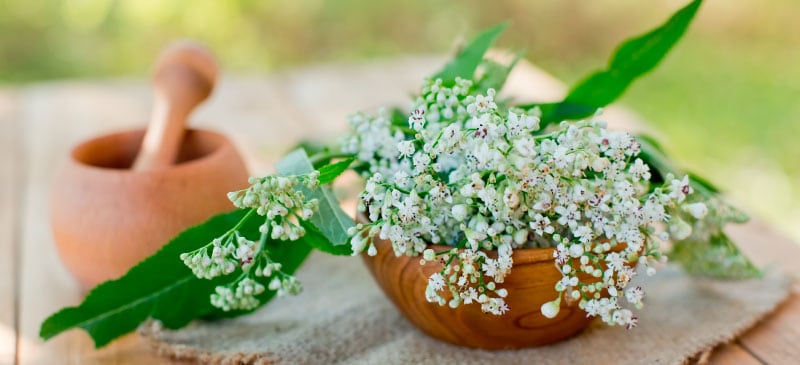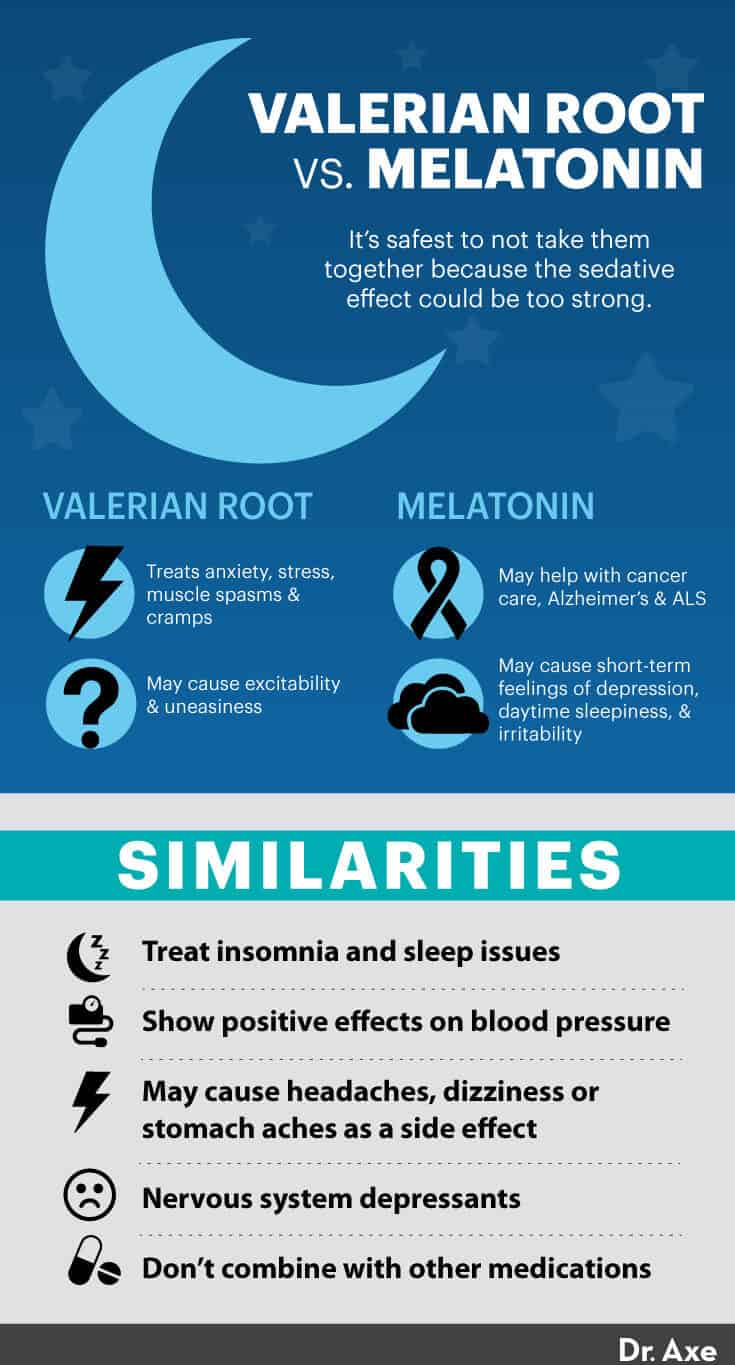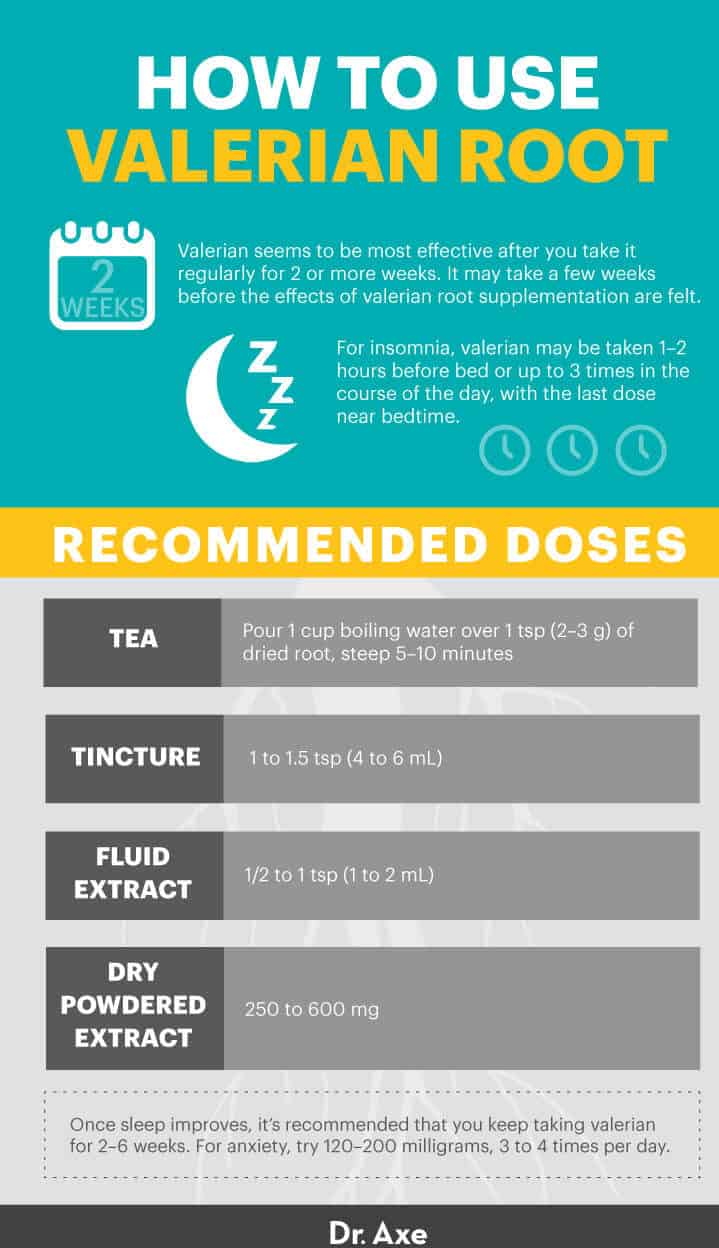This Dr. Axe content is medically reviewed or fact checked to ensure factually accurate information.
With strict editorial sourcing guidelines, we only link to academic research institutions, reputable media sites and, when research is available, medically peer-reviewed studies. Note that the numbers in parentheses (1, 2, etc.) are clickable links to these studies.
The information in our articles is NOT intended to replace a one-on-one relationship with a qualified health care professional and is not intended as medical advice.
This article is based on scientific evidence, written by experts and fact checked by our trained editorial staff. Note that the numbers in parentheses (1, 2, etc.) are clickable links to medically peer-reviewed studies.
Our team includes licensed nutritionists and dietitians, certified health education specialists, as well as certified strength and conditioning specialists, personal trainers and corrective exercise specialists. Our team aims to be not only thorough with its research, but also objective and unbiased.
The information in our articles is NOT intended to replace a one-on-one relationship with a qualified health care professional and is not intended as medical advice.
Valerian Root May Help Insomnia, Anxiety and High Blood Pressure
September 23, 2023

Do you suffer from insomnia, or are you just sick and tired of not getting a decent night’s sleep? Did you know that there’s an herb that has been used to ease insomnia, anxiety and nervous restlessness since the second century A.D.? This natural and herbal sleep aid is called valerian root.
A systematic review and meta-analysis including 16 evidence-based studies indicates that valerian root is widely used and respected by the general population and physicians for its sedative effects and anti-anxiety capabilities.
You may have had valerian root before and not even realized it. It’s very common for valerian to be included in sleep-promoting tea blends and herbal supplements, but it doesn’t just offer a solid night’s sleep — it’s also helpful for naturally treating anxiety and can even lower blood pressure, among other benefits.
What Is Valerian Root?
Valerian root is derived from valerian (Valeriana officinalis), a perennial flowering plant from the Valerianaceae family. The plant has sweetly scented pink or white flowers that bloom in the summer.ften misspelled “valarian”) is native to Europe and parts of Asia, and it now grows in North America as well. It has become a commonly used herb for better sleep quality in the United States, added to teas and dietary supplements.
Often misspelled “valarian,” it is native to Europe and parts of Asia, and it now grows in North America as well. It has become a commonly used herb for better sleep quality in the United States, added to teas and dietary supplements.
Valerian root contains volatile oils, including valerenic acids, less volatile sesquiterpenes and valepotriates (esters of short-chain fatty acids). These active constituents are likely responsible for the root’s ability to produce a calming and restorative effect on the body’s central nervous system.
The name of the herb is derived from the personal name “Valeria” and the Latin verb “valere” (to be strong, healthy).
It has been used as a medicinal herb since at least the time of ancient Greece and Rome. Hippocrates described its properties, and Galen later prescribed it as a remedy for insomnia.
It was also used as an early epilepsy remedy up until around the 19th century. Researchers found that isovaleric acid, a chemical contained in this herb, may prevent convulsions, similar to the effects of the anticonvulsant medication valproic acid.
Related: 5-HTP: The Supplement that Benefits Mood, Sleep, Satiety & More
Benefits
1. Naturally Aids Sleep
Studies show that valerian reduces the time it takes to fall asleep and improves sleep quality, so if you can’t sleep, it may be just what you’re looking for. Unlike many prescription sleep medications, valerian has fewer side effects and is a lot less likely to result in morning drowsiness.
In one double-blind study conducted by the Foellinge Health Center in Sweden, the effects of valerian on poor sleep were significant. Of the study participants, 44 percent reported perfect sleep while 89 percent reported improved sleep when taking valerian root. In addition, no adverse effects were observed for this group.
Valerian root is often combined with other sedating herbs, such as hops (Humulus lupulus) and lemon balm (Melissa officinalis), to treat sleep disorders. One study on children with minor sleep problems published in Phytomedicine found that 81 percent of those who took an herbal combination of valerian and lemon balm reported sleeping much better than those who took a placebo.
How does valerian root help you sleep so well? Valerian contains a chemical called linarin, which has been shown to have sedative effects.
Valerian extract can cause sedation by increasing your brain’s gamma-aminobutyric acid (GABA) level. GABA is an inhibitory neurotransmitter in the central nervous system. In large enough quantities it can cause a sedative effect, calming nervous activity.
Results from an in vitro study suggest that valerian extract may cause GABA to be released from brain nerve endings and then block GABA from being taken back into nerve cells. In addition, valerian’s valerenic acid inhibits an enzyme that destroys GABA, another way that valerian can improve your GABA levels and promote a great night’s rest.
2. Calms Anxiety
Scientists have found that valerian root, specifically valerenic acid, increases the amount of GABA through GABA receptors.
Drugs such as alprazolam (Xanax) and diazepam (Valium) also work by increasing the amount of GABA in the brain. The valeric acid, valerenic acid and valerenol contained in valerian root extract act as anti-anxiety agents.
It’s pretty amazing that an herbal remedy like valerian root can have the same anti-anxiety effects as prescription drugs without the adverse effects of psychotropic drugs. If you are taking other calming medications or antidepressants (such as tricyclic antidepressants, like amitriptyline, or tetracyclic antidepressants), do not take valerian at the same time.
3. Can Help Lower Blood Pressure
Now that you know that valerian root can be so calming to the mind and body, it’s probably not surprising to hear it can also help lower blood pressure, thus improving heart health. The same active components that contribute to the effects of valerian for anxiety management and restlessness can also help the body properly regulate its blood pressure.
High blood pressure is something you definitely want to avoid since it increases the chance of stroke and heart attack, and heart disease is a major health concern in the United States.
Studies indicate that valerian root supplements can help naturally reduce blood pressure and keep it at a healthy level, which has a direct positive impact on your heart health.
4. Eases Menstrual Cramps
The relaxing nature of valerian root can make it a smart choice for natural relief of menstrual cramps. It can reduce the severity and discomfort of menstrual cramps, which is a common problem for women who suffer monthly from PMS.
How exactly can valerian root help? It’s a natural sedative and antispasmodic, which means it suppresses muscle spasms and acts as a natural muscle relaxer.
Valerian root dietary supplements can effectively calm the severe uterine muscle contractions that cause the terrible pain many women experience during menstruation, as a double-blind, randomized, placebo-controlled study from Islamic Azad University in Iran showed.
5. Improves Stress Management
By reducing anxiety and improving the length and quality of sleep, valerian root can significantly help with daily stress management. Chronic stress, another major issue among adults in the United States, can impact many parts of your health, including sleep quality and immune system health.
By improving GABA levels, valerian makes it easier for both the mind and body to relax. It is an excellent natural way to help keep your cortisol levels down and improve your quality of life. This makes this herb a natural stress reliever.
Further, valerian root has been shown to suppress both physical and psychological stress by helping maintain levels of serotonin, a neurotransmitter that helps regulate mood, according to research published in BMC Complementary and Alternative Medicine.
6. May Fight Breast Cancer
Although more evidence is needed, there are studies indicating that valeric acid may inhibit the growth of breast cancer cells. A 2021 study published in Scientific Reports found that valerian extract decreased breast cancer cell proliferation, and valeric acid was associated with breast cancer cell migration and colony formation.
Valerian vs. Melatonin
Melatonin is a hormone made in the pineal gland that’s highly correlated with the body’s sleep-wake cycle. When the sun goes down and darkness occurs, the pineal is “turned on” by the suprachiasmatic nucleus and begins to actively produce melatonin, which is released into the blood.
Usually, this occurs around 9 p.m. As a result, melatonin levels in the blood rise sharply, and you begin to feel less alert, making sleep more inviting.
Melatonin levels in the blood stay elevated for about 12 hours — all through the night — before the light of a new day when they fall back to low daytime levels by about 9 a.m. Daytime levels of melatonin are barely detectable, and low melatonin levels are linked to sleep disorders like insomnia.
Valerian is a sedative herb that has been used for centuries for the treatment of sleep disorders. Because valerian increases GABA levels in the brain, it helps reduce brain activity and allow users to fall asleep more easily, improving overall sleep quality.

Common Benefits
- Both melatonin and valerian are used to treat insomnia and sleep issues. Both have shown positive effects on blood pressure.
- Valerian is also recommended to treat anxiety, muscular spasms and cramps.
- Melatonin is being investigated to help with cancer care (improve response rates, survival time and quality of life). Melatonin also shows promise for Alzheimer’s disease and amyotrophic lateral sclerosis (ALS, also known as Lou Gehrig’s disease).
Side Effect Comparisons
- Valerian — headache, dizziness, stomach problems, excitability, uneasiness
- Melatonin — headache, short-term feelings of depression, daytime sleepiness, dizziness, stomach cramps, irritability
Supplement Interactions
- Valerian — Severe tiredness can result if combined with dietary supplements that have sleep-inducing properties.
- Melatonin — Use caution when combining melatonin with supplements that slow blood clotting and those with sedative properties.
- Valerian and melatonin — The safest bet is not to take them together because the combined sedative effect could be too strong. Both are considered to be nervous system depressants, producing a sedating effect as they promote sleep. You shouldn’t take melatonin with any other type of sedative because it may be unsafe.
- It’s also best not to combine either melatonin or valerian with any other over-the-counter or prescription sleep aids or any products containing alcohol.
Uses and Recommended Dosage
Valerian has been classified as generally recognized as safe in the United States. It can be purchased as a dietary supplement or herbal supplement in a variety of forms online or at your local health food store. It’s sold as a dry powdered extract in capsule form, a tea, tincture or fluid extract.
Valerian can also be used externally in essential oil form. (Valerian root’s smell is strong, but its taste is less off-putting.)
Valerian seems to be most effective after you take it regularly for two or more weeks. It may take a few weeks before the effects of valerian root herbal supplements are noticed.
For sleep disorders, it may be taken one to two hours before bedtime or up to three times in the course of the day, with the last dose near bedtime.
What’s the best valerian root recommended dosage for sleep disorders? Recommendations can vary slightly, but for insomnia, it can be taken in the following forms at these recommended dosages:
- Tea: Pour 1 cup boiling water over 1 teaspoonful (2 to 3 grams) of dried root, steep 5 to 10 minutes.
- Tincture (1:5): 1 to 1 1/2 teaspoon (4 to 6 mL)
- Fluid extract (1:1): 1/2 to 1 teaspoon (1 to 2 mL)
- Dry powdered extract (4:1): 250 to 600 milligrams
Once sleep improves, it’s recommended that you keep taking valerian for two to six weeks. For anxiety, try 120 to 200 milligrams, three to four times per day.

Risks and Side Effects
Although valerian root is generally regarded as safe, side effects such as headache, dizziness or stomach problems can occur. Sometimes people may have a reaction to valerian that’s the opposite of what they were aiming for — feeling anxious and restless instead of calm and sleepy.
Most studies show no harmful effects on fertility or fetal development, but more research is needed. Check with your doctor before taking valerian root if you are pregnant or nursing. You should also speak with a doctor before giving valerian root to children.
For the majority of people, valerian root does not seem to cause any kind of dependency. It also does not cause withdrawal symptoms for most people.
However, there are a few reports of withdrawal symptoms when valerian has been used over very long periods of time. If you want to stop taking valerian after a lengthy amount of time, then you should lower your dose gradually rather than stopping all at once to be on the safe side.
Since it can make you sleepy, do not take valerian root supplements before driving, operating heavy machinery or doing any activities that require alertness. If you have liver disease, avoid taking valerian.
Valerian root may increase the effects of other sleep aids so it’s not recommended to combine it with other sleep aids. It should also not be combined with depressants, such as alcohol, benzodiazepines and narcotics, since valerian can increase the sedative effect of depressants.
Valerian can also interfere with some prescription medications, and it may interact with or increase the effects of other natural supplements, like St. John’s wort, kava and melatonin.
Check with your doctor before taking it if you have any chronic health issues, and also to check to know if valerian will or won’t interact with any of your other current medications or supplements.
Conclusion
- Valerian root is a safe and natural way to help with one of the most annoying and common health problems: poor sleep.
- Many prescription sleep aids leave you feeling groggy the following morning, not to mention all the other scary and more serious risks on those long labels. Valerian root works with your body’s chemistry to help get your nightly rest back on track.
- In addition, evidence-based studies and systemic reviews indicate that there are several other positive effects of this herb, including its ability to relieve nervousness, anxiety, tension, menstrual cramps and high blood pressure.
- In terms of safety, valerian root is considered safe when used appropriately. It does interact with some medications, so speak to your health care professional before using it if you’re taking pharmaceuticals or other herbal supplements.





